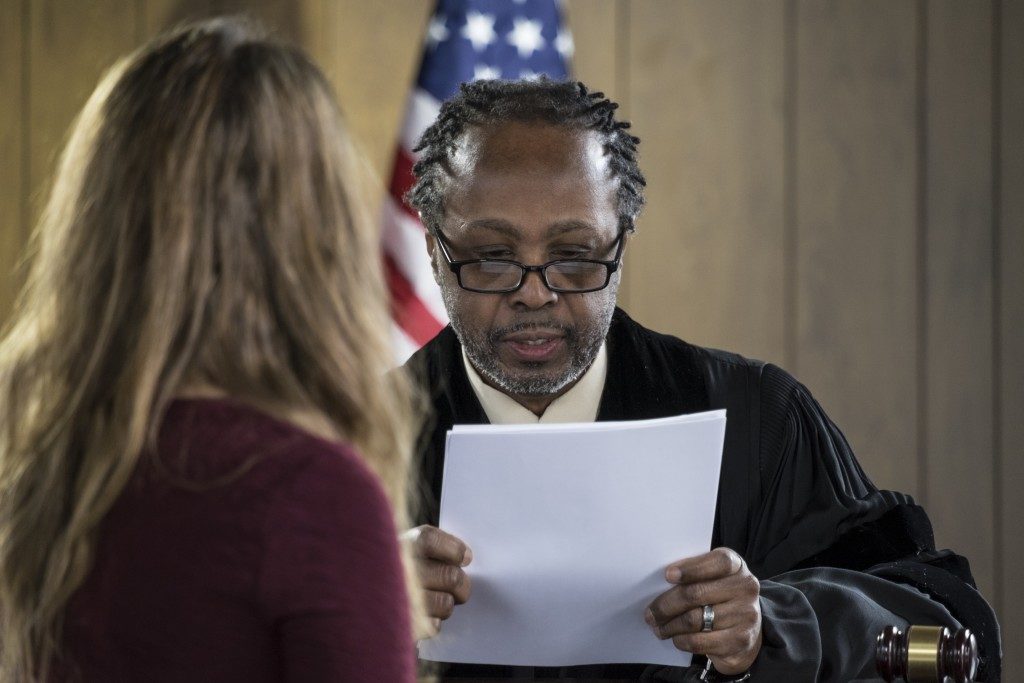When you hire an attorney to defend you from a criminal charge against you, you will have to inform them of all the facts relevant to your case. You need to tell your attorney specific details because that is how they can give you advice on how to build a defense strategy and gauge the merit of a defense right? That being said, your criminal defense lawyer is legally obligated to represent you and keep your confidences. However, your lawyer also has an obligation to the court to present only evidence that’s authentic and genuine. They should never present fraudulent, false, or perjured evidence, regardless of whether you are the source of the evidence or a witness who’s intending to lie under oath. This means that if your lawyer intentionally presents or uses perjured testimony in court, they could face severe disciplinary action and will most likely be disbarred.
What If I Want to Lie Under Oath?
If you’re planning on lying in court—don’t. Any reputable criminal defense lawyer in Provo, or anywhere else for that matter, worth their salt will do all that they possibly can to persuade a defendant to perjure themselves or lie under oath. Keep in mind that you’ll be putting your freedom, your chances of winning your case, and your lawyer’s career on the line if you insist on lying even if your lawyer has advised you not to. If for some reason you believe that you still need to or want to lie, you can seek to have your lawyer withdrawn from your case or your lawyer can seek a withdrawal from your case.
Will the Court Grant a Withdrawal and Substitution?
 In most cases, courts won’t agree to appoint a new lawyer when a defendant wants to seek a withdrawal so they can work with another lawyer. If you tell your new lawyer of your plans of lying under oath, the same exact issue for requesting a withdrawal in the first place will no doubt present itself again, or worse, the judge might get wind of why you’re seeking a withdrawal and deny your request. When this occurs, it’s best that your lawyer be the one to request their withdrawal from your case.
In most cases, courts won’t agree to appoint a new lawyer when a defendant wants to seek a withdrawal so they can work with another lawyer. If you tell your new lawyer of your plans of lying under oath, the same exact issue for requesting a withdrawal in the first place will no doubt present itself again, or worse, the judge might get wind of why you’re seeking a withdrawal and deny your request. When this occurs, it’s best that your lawyer be the one to request their withdrawal from your case.
What If I Don’t Tell My Lawyer of My Plan to Lie Under Oath?
While it’s possible that you keep your plans to lie under oath to yourself, it’s also very possible that you will face grave consequences once your lie is exposed. Any testimony that’s based on lies will eventually unravel because as the old adage goes, “The truth always prevails.”
How can you expect your lawyer to defend you from the various attacks that you’ll no doubt be subjected to in court from the prosecution if you get caught lying? Most of all, if you perjure yourself, the court will most likely charge you with perjury, a serious felony that comes with severe punishment. Therefore, instead of lying, get an experienced criminal defense lawyer that will help you win your case.



